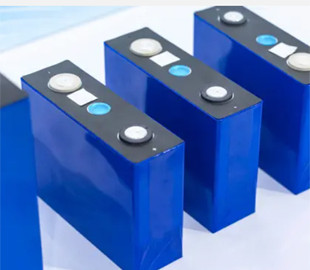
Scientists from Northeastern University presented a new technology to improve the stability and performance of batteries. They developed a special KF/Zn layer on the potassium anode, which significantly increases the efficiency and reliability of potassium metal batteries (KMB). Interesting Engineering writes about it.
According to scientists, such batteries can become an economically viable alternative to lithium-ion batteries due to the availability of potassium and its similar chemical properties. However, in the past, potassium-based batteries had problems with dendrite growth and instability of the anode interface, which reduced their performance and safety.
200% Deposit Bonus up to €3,000 180% First Deposit Bonus up to $20,000The research team found a solution: they developed a hybrid interface, on KF/Zn, which improves the transport of ions and electrons and stabilizes the anode. This ensured stable operation of the battery for more than 2000 hours of cyclic use without dendrites and with minimal voltage fluctuations. Such batteries were able to achieve a high capacity of 61.6 mAh/h at 5 C and demonstrated more than 3,000 cycles.
Dr. Wen-Bing Lo, the leader of the study, said that their approach allows solving the problem of dendrite growth in potassium-metal batteries. This paves the way for the creation of safe and reliable batteries for large-scale energy storage systems. In the future, this technology can significantly change the way renewable energy is stored and contribute to increasing energy efficiency.

